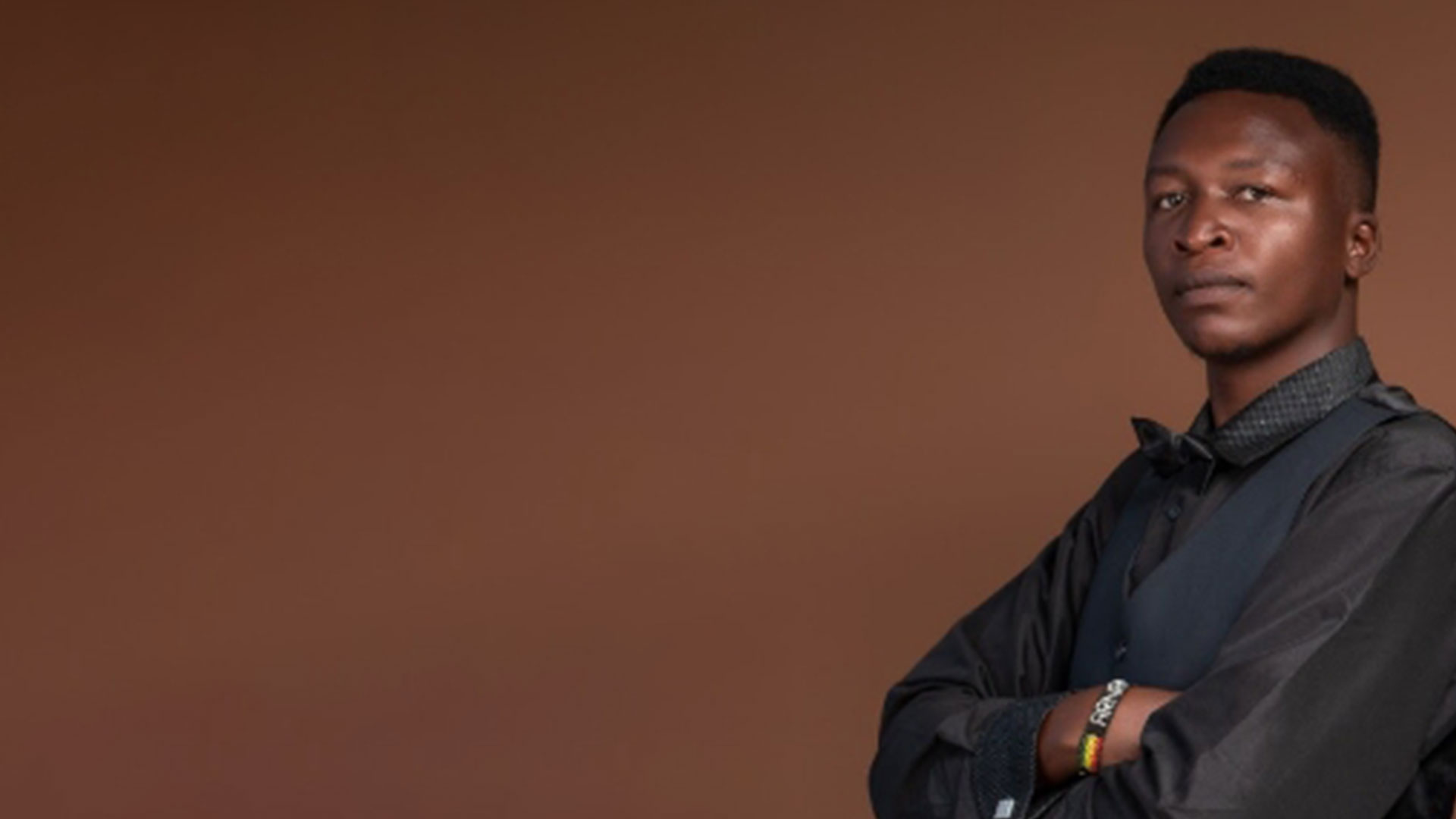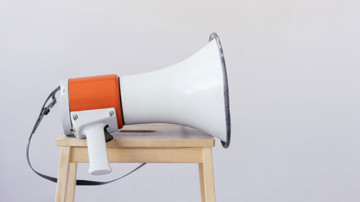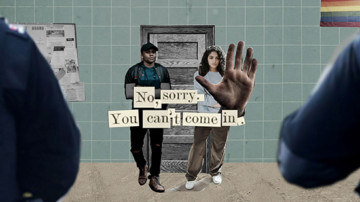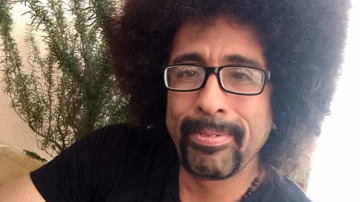
My name is Michael Anami, a 32 year old cisgender male in recovery from problematic drug use, a beneficiary of the Harm Reduction program in Kenya, and a human rights and drug policy change activist.
I was born in Nairobi, Kenya and brought up by my parents in a family of eight siblings. We were your average family living in the suburbs of Nairobi with a decent and comfortable upbringing. My parents worked hard and made sacrifices for us to attend the best schools.
I started experimenting with marijuana in primary school at the age of 12 after changing schools. Westlands Primary School was at the time one of the best performing schools in the city with many ‘cool kids’ who hailed from wealthy families. I occasionally drunk alcohol and smoked weed to fit in to these circles.
Before I knew it, the occasional use of marijuana turned into dependency. I could not focus on my studies unless I had used marijuana. During this time, I joined Kakamega High School, a national School located in the Western side of the country. My call up to this school was well received because of my interest in nurturing my skills in music, rugby, and good education, all of which the school offered.
All was well until my first indefinite suspension due to allegations of substance use. The school conducted an investigation into my alleged marijuana use. However, due to insufficient evidence, I was readmitted to the school; only to be expelled two months later after being found in possession of marijuana.
I was then admitted to Upper Hill School, a good school in Nairobi, as a result of my prowess in rugby. It was at this stage of my life that I unknowingly experimented with heroin. It was one of those weekends when students in boarding schools would sneak out of school for a jaunt in the city. I was introduced by a friend to a powdery substance, one that made me feel content, unfazed, numb to pain, and blissful. I had no knowledge of what the substance was; however, I continued to use it as it made me feel good.
By the time I found out I was using heroin, I was already in the beginning stages of problematic drug use. I had completely lost touch with family, friends, my pursuit for education and the many things in life that I was passionate about. I completed my high school education as a troubled young man.
The severe withdrawals and the continuous search for that first high, led me to selling my belongings. When I had nothing else to sell to sustain my heroin use, I resorted to petty crimes such as shop lifting.
At some point, I experimented with the needle and began to inject myself rather than to smoke, due to lack of finances to sustain the amount of heroin I usually smoked in a day. I did not share any of this information with either friends or family, as I was very embarrassed of my fall from grace.
On one of those days, locked up in my campus dorm room all alone, I recall mourning my death as I felt my body paralyse temporarily. I silently went through an overdose locked up in that room. Fortunately, I woke up the next day.
I have had more run-ins with the law than I can remember. I was simply lucky not to have been incarcerated.
The multiple arrests, beatings, incarcerations, and untimely deaths that I have witnessed of friends with whom I used drugs as a result of overdose, the unavailability of naloxone and knowledge on overdose management, police brutality, societal neglect, and mob injustice have been one too many.
I have always counted myself lucky, privileged even, because that was one of many free rides to the other side that I accidentally missed.
My lived experience in problematic drug use and as a beneficiary of the harm reduction programme in Kenya have been among my motivations in working to challenge the processes and stringent policies that catalyse the cycle of stigmatisation & discrimination that leads to a lack of access to health services for people who use drugs. This, even as I work to build meaningful relationships, repair broken ones, and get back to doing the things I enjoy.
Harm reduction is about meeting the person at where they are, and not where you want them to be. Problematic drug use is a public health issue. Not a crime.
Photo : Michael Anami
This story was collated with the support of Voices of Community Action & Leadership – VOCAL-Ke and has been edited for clarity.


